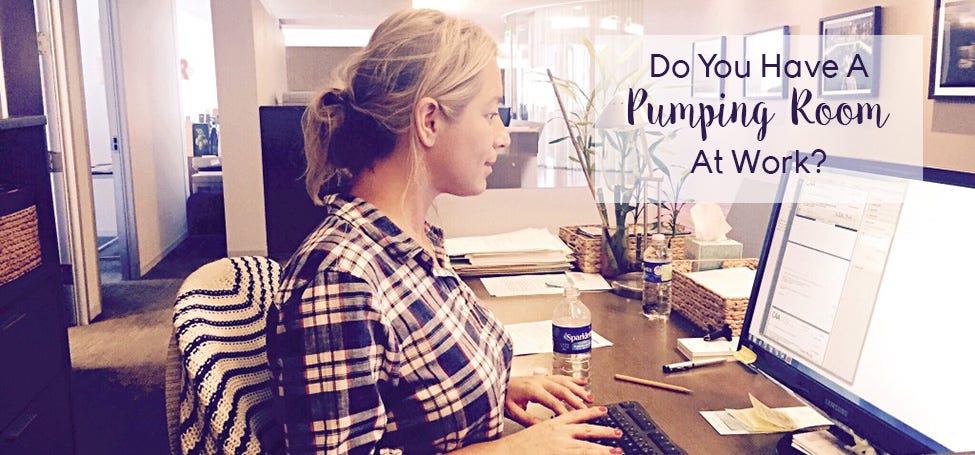You’ve probably heard of Oxytocin as “the love hormone” -- but did you know that this little hormone is how you produce milk when you breastfeed? That’s right! Believe it or not, the same hormone that makes you feel the love tonight is also the one that helps you feed your baby, bond with loved ones and can even lower your blood pressure.
What is oxytocin and why is it important?
Also known as the anti-stress hormone and mothering hormone, Oxytocin is produced by the pituitary gland in the brain and has many functions that include everything from increasing relaxation to causing muscle contractions, and is even involved in orgasm. In the beginning of motherhood, Oxytocin helps your uterus to contract and push out your baby during labor.
A similar reaction occurs while breastfeeding, as breastfeeding stimulates the release of oxytocin into your system that will cause the muscles in your breast to contract in what is called the Let-Down Reflex. During let-down, the milk-making glands in your breast contract to squeeze milk into the milk ducts, which contract to push breast milk through your breast, to your nipple, to baby’s mouth. As you breastfeed Oxytocin continues to be released into your body – helping you produce your supply as baby is at the breast.
Without oxytocin, your body couldn’t properly contract and produce the milk you and your baby need. And while mostly good feelings are associated with the release of oxytocin during breastfeeding, this release may make you feel sleepy, raise your body temperature so you may feel hot or thirsty, and it can sometimes give you a headache. Immediately after giving birth, the release of oxytocin can also be painful, as it does cause uterine contractions similar to cramps. This does, however, lessen the amount of postpartum bleeding you may experience, prevent hemorrhage, and allows for your uterus to shrink back to its normal size more quickly.
What are the signs of Oxytocin being released?
- Tingling or a pins and needs sensation in your breast
- In the beginning, you will most likely feel your uterus cramping
- You’ll be able to hear your child swallow
- You may even feel happy and relaxed
If you’re anything like me, even in the throes of pregnancy your breasts are already preparing for feeding and you may leak, particularly when you hear a baby cry or think of feeding your child (it’s normal, but can definitely be a little annoying!?
Will my Oxytocin always release?
It’s important to note that there are factors that can interfere with this release – in particular, pain after giving birth. To successfully breastfeed after giving birth, some say that pain medication should be taken if prescribed to you. Though it may make baby feel sleepy, it can help bring comfort that will get breastfeeding off to the right start. Breast surgery can also interfere because it can affect the nerves in the breast. Other everyday factors include stress, fear, drinking alcohol, and smoking. It’s important that breastfeeding mamas continue to take care of themselves, even after pregnancy, to be able to breastfeed and care for their baby.
The information on this website should not be used as a substitute for medical care.

About the Author
I am 24 years old, married to my high-school sweetheart, and have a daughter named Kara who was born in March 2018! I went to Mars Hill University for my undergraduate degree in English and creative writing, and my daughter is my inspiration for everything I do. I want to help parents everywhere to be successful in their journeys, and to love what they do.










